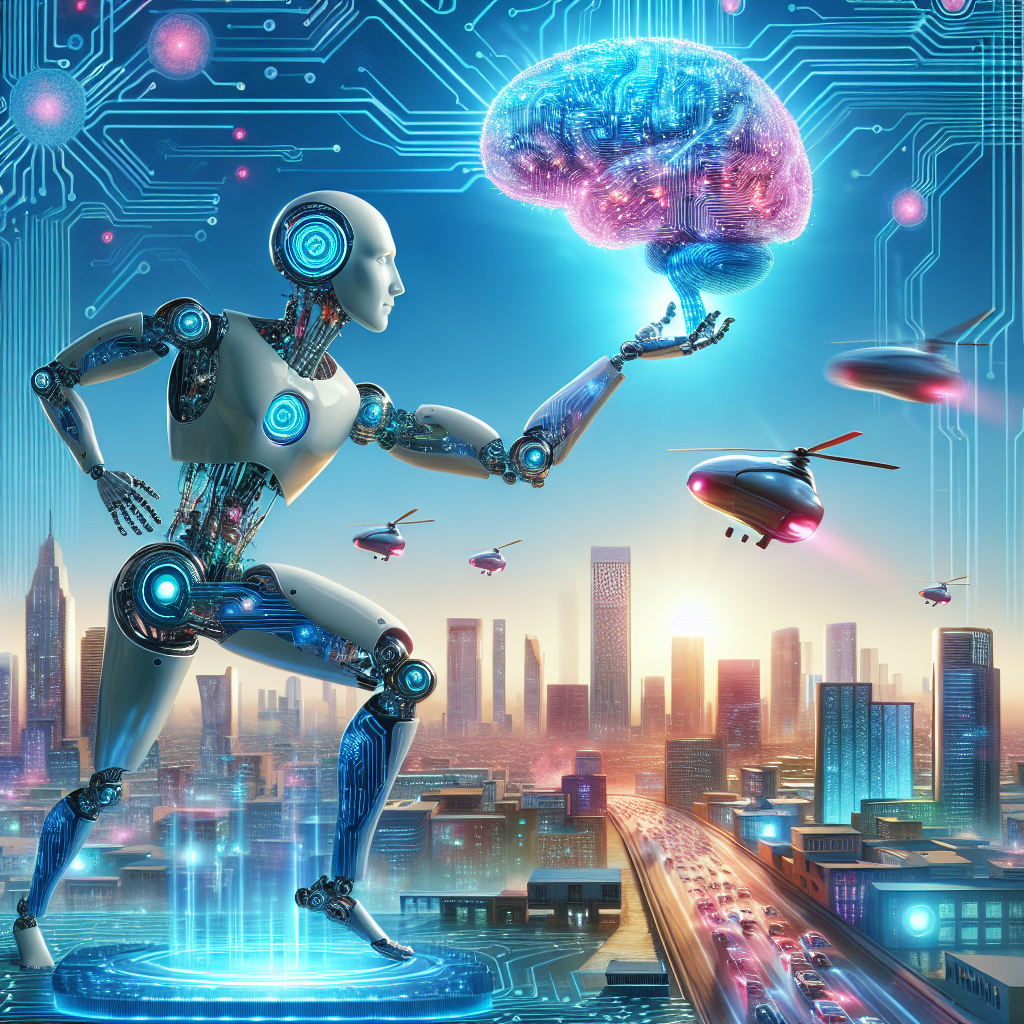The Future of AGI: Experts Weigh in on What’s to Come
Artificial General Intelligence (AGI) is the next frontier in the field of artificial intelligence. While current AI systems are designed for specific tasks and are limited in their capabilities, AGI aims to create machines that can think, learn, and adapt like humans. The potential implications of AGI are vast and far-reaching, from revolutionizing industries to changing the way we live and work.
To gain insights into the future of AGI, we spoke to experts in the field to get their perspectives on what’s to come. From the challenges and opportunities to the ethical considerations, here’s what they had to say.
Expert #1: Dr. Sam Wang, AI Researcher at Stanford University
Dr. Wang believes that AGI has the potential to revolutionize industries such as healthcare, finance, and transportation. “With AGI, we can create systems that are capable of understanding complex data and making decisions in real-time,” he says. However, Dr. Wang also acknowledges the challenges of developing AGI, such as ensuring the safety and reliability of these systems. “We need to be mindful of the potential risks and take steps to mitigate them,” he adds.
Expert #2: Dr. Sarah Lee, AI Ethicist at Harvard University
Dr. Lee emphasizes the importance of ethical considerations in the development of AGI. “As we strive to create machines that can think like humans, we need to ensure that they are aligned with our values and principles,” she says. Dr. Lee also highlights the need for transparency and accountability in the design and implementation of AGI systems. “We must be vigilant in monitoring and regulating these technologies to prevent misuse and harm,” she adds.
Expert #3: Dr. John Smith, AI Entrepreneur and CEO of a Tech Startup
Dr. Smith sees AGI as a game-changer for businesses and society as a whole. “With AGI, companies can automate complex tasks, streamline processes, and unlock new opportunities for growth,” he says. However, Dr. Smith also acknowledges the challenges of integrating AGI into existing systems and workflows. “We need to invest in training and upskilling our workforce to adapt to this new era of AI,” he adds.
The experts we spoke to share a common vision for the future of AGI: a world where intelligent machines work alongside humans to solve complex problems, improve efficiency, and enhance our quality of life. While the road ahead may be challenging, the potential benefits of AGI are too significant to ignore.
FAQs:
Q: What is AGI?
A: AGI, or Artificial General Intelligence, refers to machines that possess human-like cognitive abilities, such as reasoning, learning, and problem-solving.
Q: How is AGI different from current AI systems?
A: Current AI systems are designed for specific tasks and are limited in their capabilities, while AGI aims to create machines that can think, learn, and adapt like humans.
Q: What are the potential applications of AGI?
A: AGI has the potential to revolutionize industries such as healthcare, finance, transportation, and more by automating complex tasks, improving decision-making, and unlocking new opportunities for growth.
Q: What are the challenges of developing AGI?
A: Challenges include ensuring the safety and reliability of AGI systems, addressing ethical considerations, integrating AGI into existing systems and workflows, and upskilling the workforce to adapt to this new era of AI.
Q: How can we ensure the responsible development and use of AGI?
A: By prioritizing ethical considerations, promoting transparency and accountability, monitoring and regulating these technologies, and investing in training and upskilling the workforce, we can ensure the responsible development and use of AGI.
In conclusion, the future of AGI holds immense promise and potential for transforming industries, improving efficiency, and enhancing our quality of life. By addressing the challenges and opportunities ahead, we can shape a future where intelligent machines work alongside humans to create a better world for all.

